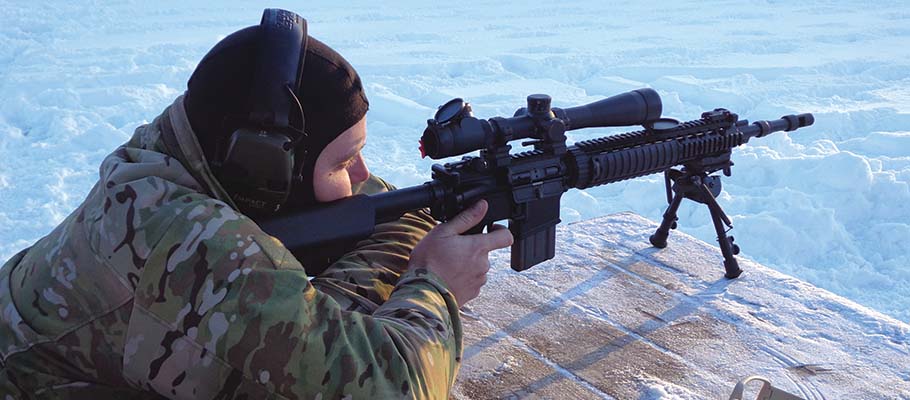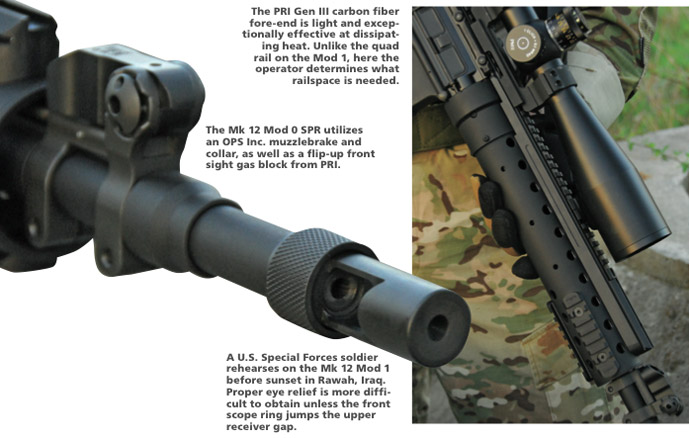
Potomac Armory


Douglas 1:7 twist Stainless Steel barrel, 18.1", and custom chambered and profiled by Compass Lake Engineering, with your option of polished Stainless Steel or Crane spec GunKote gray by Potomac Armory. This is for the purist. This is 100% clone correct. If you are looking for perfection, this is your barrel. Charlie's has spent time at Frank's shop at Compass Lake. These guys do magic with barrels, and Frank noted that the 18" barrel has caused issues over the years with excessive gas port erosion, but he has not seen that with Douglas. You might not know Douglas for barrels, but if you are looking for perfection in your Mk12 build, you will want Douglas, and you will want the craftsmanship that Charlies brings you with Douglas, Allen Engineering, Potomac Armory and traditional gray Gunkhole, all in one package.
The "XX" grade match barrel that Douglas produces is the same rifling done for the US Navy Seals and US Marines in the early phase of the Global War on Terror. Douglas still makes a superior barrel and using 416R stainless provides a nice mix of corrosion resistance and accuracy. Leveraging Compass Lake Engineering, with their long heritage both to the US Navy and to competitive shooters around the USA provides you with one of the best combination of barrel blanks and craftsmanship anywhere. Overseeing this production is Potomac Armory, with a background in barrels and military weaponry.
Why Gunkote? Working with our partners at Potomac Armory, we have access to a complete coating laboratory. We coat barrels every month with Cerakote and Gunkote and coat other parts with Noreless' Moly Resin, Duracoat and Alumahyde. Each coating has its own best practice applications. Probably Cerakote does a slightly better job with barrels, but Gunkote is with NSWC Crane used for the early SPR program in 2000 to 2010, and the higher temperature curing does a very good job. Bottom line, we use it because it is historically correct.
Note: barrels are typically in-stock, from time to time, there might be a short delay to coat your barrel in gray, if you opt that.
Charlie's also offers the complete Mk12 barrel kit if you want the Allen collar and brake. We also offer complete assembly service with a Mk12 gas block. See link, if that is something that interests you.
Builder's Note: If you are going to mount a Mk12 gas block, be sure that the inside diameter is, no less than, 0.750. Failure to do so could result in a "smoothing" (aka scratching) of the painted surface just forward of the gas block (i.e. polished/shiny appearance). Some gas blocks have an excess finish on the inside surface. If the gas block will not easily slide onto the barrel, use sandpaper, emery cloth, an 3/4" drill bit or (my favorite) a Dremel tool with a half inch sanding disk to open up the inner surface of the gas block. Another trick is to place the barrel in a freezer for 10 min. to shrink its diameter (the gas block should not be chilled).